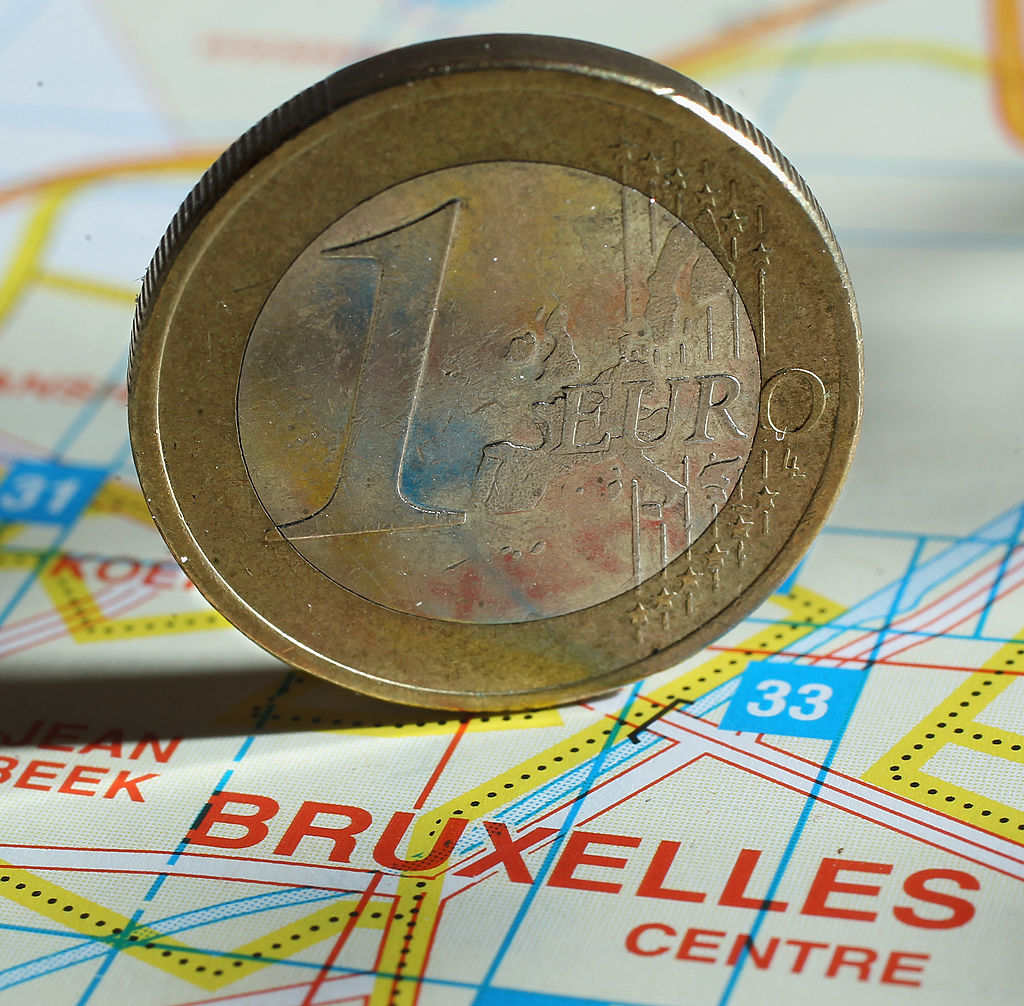With new European legislation on cryptocurrencies approved, enhanced consumer protection has been welcomed but some question Brussel’s intentions and understanding of the subject.
The latest rules agreed on January 18 are part of a broader move in the European Union targeting sanctions evasion, money laundering and the financing of terrorism.
The EU seems to have a love-hate relationship with cryptocurrencies. On the one hand, Brussels tries to regulate them regarding potential illicit activity, while on the other, the bloc is aiming to create its own digital money.
Brussels Signal spoke to Brecht Van Craen, CEO of the Digital Currency Academy and author of a book about investing in crypto, for more regarding this apparently contradictory behaviour.
In reference to the burgeoning world of digital assets, he stated: “People will increasingly invest in and use crypto; it is the future. Crypto is here to stay, so we better learn about it!”
The crypto-world welcomes legislation to prevent abuse but players have warned of “misguided policies”, often based on what many believe is a lack of understanding of the subject.
Cryptocurrencies are a kind of “virtual money” that lets users send each other direct payments over an internet platform. The currencies’ market value is determined by what consumers are prepared to pay. Free-market thinkers embrace the concept.
Van Craen advocates “financial freedom for every citizen” and noted that, to ensure such, oversight and transparency are vital, orchestrated via financial watchdogs and institutions, to prevent abuse of that freedom.
He has referred to the new anti-money laundering legislation as a “logical next step” for cryptocurrency.
“The intervention to verify transactions exceeding €1,000 occurs on exchanges [crypto marketplaces] that act as banks in the crypto world,” he said.
“This way, criminals are further discouraged from exchanging illegally obtained crypto coins into fiat currency [euros, dollars, etcetera].”
Van Craen noted that traditional banks also have that obligation, so extending it into crypto seemed a “logical next step in the further growth of the crypto economy”.
He highlighted that crypto transactions linked to criminal activity make up “less than 0.3 per cent of all economic activity”.
“These are figures from Chainalysis, the world’s largest blockchain analysis company, which our cybercrime unit also utilises,” Van Craen said.
“This is in stark contrast to estimates between 2 per cent and 5 per cent for our beloved euros.”
He added that, while the EU’s “new approach seems to be aimed at protecting our economy, there also seems to be an element of ‘unfamiliarity breeds contempt'”.
“In the crypto world, there is certainly occasional market manipulation. This is inevitable in an emerging growth market where there is so much uncertainty.
“However, these techniques are borrowed from the traditional financial world, where they are still prevalent worldwide.
“Furthermore, thanks to blockchain technology, the crypto world is much more transparent than our current economy, making manipulation and abuse easier to detect,” Van Craen added.
“Currently, the total crypto market is worth about €1.5 trillion. Our fiat market is at least 100 times larger. It is absurd to think that crypto can cause instability in the markets at this time.
“When you consider that we are globally burdened with a towering debt, soaring inflation, ever declining purchasing power of citizens, and that the rich are getting richer, it seems at least ironic to be ‘afraid of crypto.’
“Blockchain technology and crypto are a solution to the problems of our current financial system, not a threat,” he said.
On the EU’s own plans, Van Craen was more critical. “CBDCs [Central Bank Digital Currencies] use blockchain technology but in a different way than cryptocurrencies. With cryptocurrencies, it is an open network where everyone is equal, while CBDCs have everything controlled by the central bank.
“There are two major concerns here,” he said.
“Firstly, the privacy of citizens would completely disappear since every transaction can be easily tracked. Secondly, it is not clear what the role of a commercial bank would be once this ‘digital euro’ arrives, as we could then open an account directly with the ECB.”
Van Craen also said he had spoken to various top executives at commercial banks and “they do not believe that the digital euro will be so easy to implement, as it could significantly destabilise our banking system”.
He said he wanted to see more consumer protection and better education, regarding the crypto sphere.
“I see many people losing their money due to ignorance. A forward-thinking government that understands that crypto is here to stay should invest more in this and take a preventive approach,” Van Craen said.





